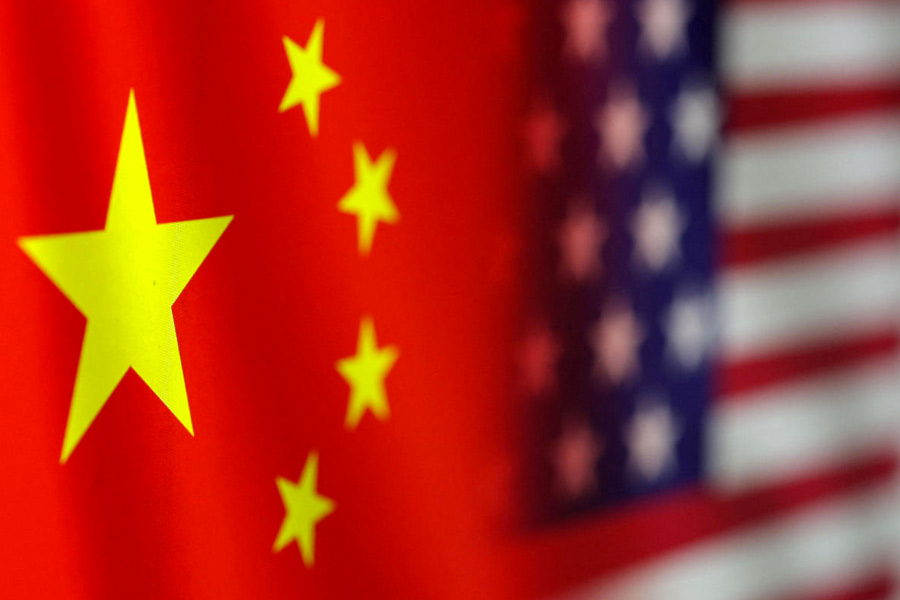The latest announcement from the US and China has sent shockwaves through the economic landscape. In a deal that could potentially lift over $50 billion worth of tech restrictions, the Biden administration has decided to roll back crucial export controls. This move raises serious questions about whose interests are being prioritized and how it will impact American workers.
Massive Trade Deal Reshapes US-China Relations
According to sources, the agreement reached this week will allow China to review and approve export applications for items previously restricted under US technology sanctions. In return, the US will cancel a series of existing punitive measures against Beijing. This arrangement comes on the heels of high-level talks that attempted to stabilize a fraught relationship, marked by accusations from both sides.
What This Means for American Workers
While the White House touts this as a win for diplomacy, the reality is different. Workers in critical industries are left wondering how this will affect their jobs. The lifting of these sanctions could lead to increased competition from Chinese manufacturers, who have often capitalized on lower labor costs. According to research, such trade policies tend to benefit corporations at the expense of the American workforce.
Corporate Interests Over Workers’ Rights
President Biden’s willingness to ease restrictions raises eyebrows about the influence of corporate interests on political decision-making. As reported by the Commerce Department, these export controls were initially designed to protect US technological superiority and, by extension, American jobs. By rolling them back, the administration risks prioritizing corporate profits over the livelihood of everyday citizens.
Implications for Economic Inequality
This trade framework is not just about technology; it has profound implications for economic inequality. Wealthy corporations are likely to benefit from lower production costs, while ordinary workers may face wage stagnation or job losses as a result of increased competition. A 2019 study highlighted that close trade ties often lead to greater income disparities, as profits are concentrated among a small elite.

rare earth elements | US and China reach deal to resume rare earth ...
Fears of Future Trade Instability
Experts are warning that while this deal seems promising, it could set a dangerous precedent. As noted by Alfredo Montufar-Helu, a senior advisor at The Conference Board, the lack of clarity on which specific restrictions will be lifted raises concerns about future negotiations. The status of rare earth exports, crucial for high-tech manufacturing, remains ambiguous, suggesting that trade in these goods will continue to be tightly controlled. This uncertainty could destabilize markets and lead to further economic turmoil.
Calls for Accountability
As the Biden administration moves forward with this agreement, there must be accountability to ensure that the interests of American workers are not sidelined. Progressive advocates are calling for transparency in trade negotiations to safeguard against future economic policies that favor corporations over communities. The American public deserves a say in how these agreements are structured and the potential impacts they may have on their lives.



![[Video] Gunfire between Iraqi security forces and Sadr militias in Baghdad](/_next/image?url=%2Fapi%2Fimage%2Fthumbnails%2Fthumbnail-1768343508874-4redb-thumbnail.jpg&w=3840&q=75)
